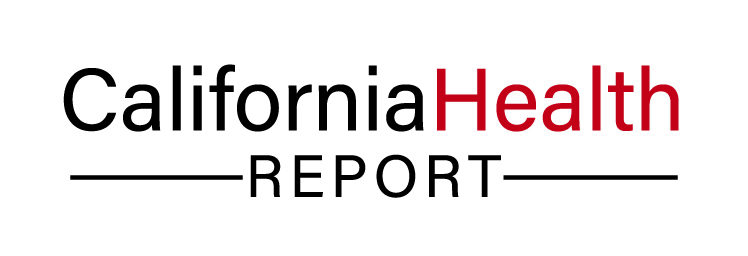
A state program that screens low-income women for breast cancer has been paying doctors and clinics $12 million a year to track women whose mammograms showed they were cancer-free.
The program – known as Every Woman Counts – stopped accepting new patients Jan. 1 because of a self-described lack of funds.
The $50 case management fees have been questioned by the Department of Finance, which says other big states don’t pay them, and the nonpartisan Legislative Analyst, which recommended eliminating them. The money saved could be used to once again offer mammograms to women who qualify for the program.
“It was troublesome to us when we learned how much money was going in to that,” said Lisa Murawski, an LAO analyst.
“We have this really limited pool of funds to serve people and we aren’t able to provide as many core services as we want,” Murawski said, “so we need to just think about the funds we have and how we can best use those.”
The Every Woman Counts program provides free mammograms and cervical exams for low-income women and has faced increasing demand for screenings, but has been unable to keep up with costs. The program’s budget comes primarily from tobacco taxes, which have steadily declined as fewer people smoke.
Last year the program had to ask the Legislature for a $14 million augmentation to its budget, which prompted Governor Arnold Schwarzenegger to freeze all new enrollment to the program and raise the minimum age to receive a mammogram from 40 years old to 50 years old.
The Department of Public Health, which manages the program, opposes the elimination of the case management fees. But as a cost containment measure, the department has recommended a tiered payment system that would lower the $50 case management fee on normal mammograms to $10. The proposal would save an estimated $9.8 million.
Case management fees cover the follow up costs after a mammogram—phone calls, referrals for abnormal findings, and data collection on the women screened.
The Legislative Analyst recommends abolishing fees for case management on normal mammograms all together, since a normal mammogram follow up only requires notifying the patient of her test results.
But Al Lundeen, a spokesman for the Department of Public Health, said the department believes that some follow up is necessary even in cases where a woman tests negative for cancer “to document complete cancer screening and diagnosis.”
In a review of the EWC program in May, the Department of Finance found that case management costs were increasing faster than clinical costs of mammograms. Since 2004, case management costs have increased 38 percent, while the cost of providing mammograms has only grown by 18 percent.
According to Lundeen, case management fees have increased faster than mammogram costs because of implementation of a computerized reporting system managed by UC San Francisco. According to Lundeen, the system has enabled providers to more accurately bill for services.
Although the department could reduce or eliminate the fees on its own, Lundeen said the department will not make any changes until the Legislature approves a budget and acts on the department’s recommendations.





